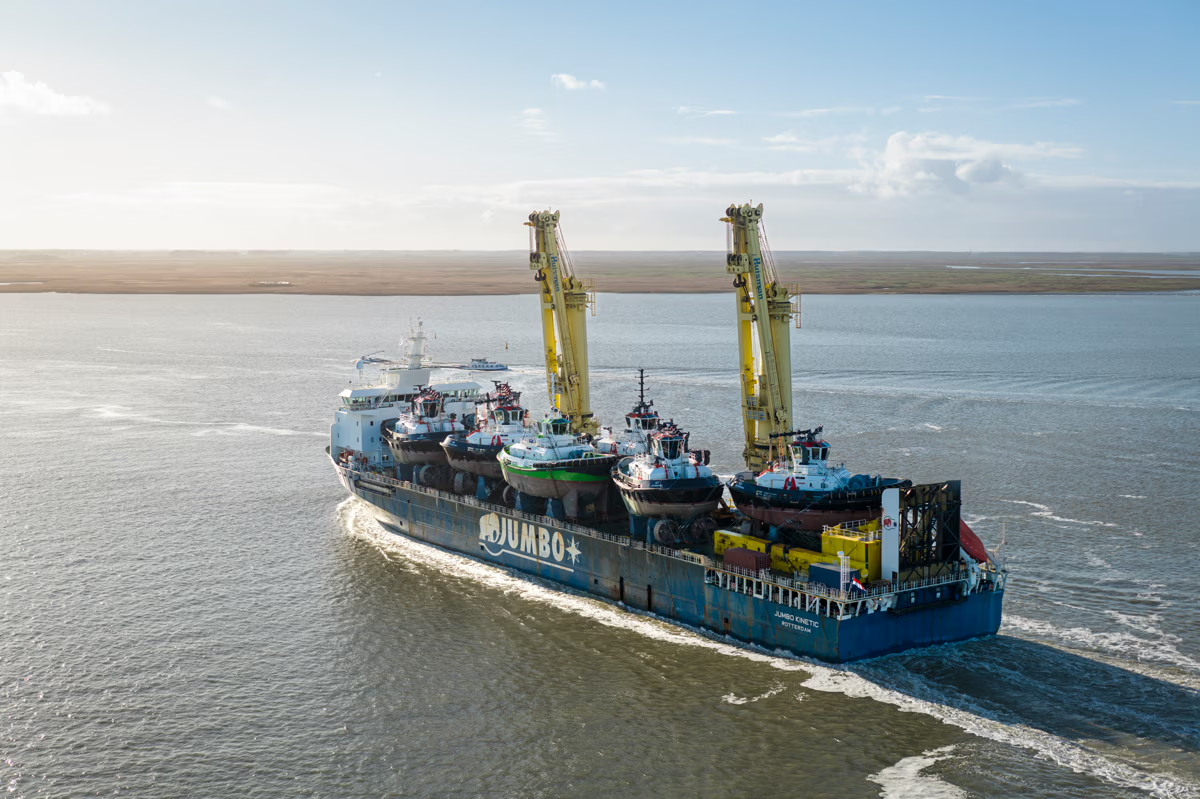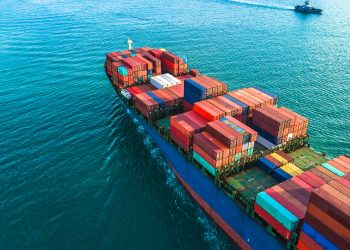Maritime Administration Report Comparing U.S. and Foreign-Flag Operating Costs
Statement by: American Maritime Officers; International Organization of Masters, Mates and Pilots; Marine Engineers’ Beneficial Association; and Seafarers International UnionOn Maritime Administration Report Comparing U.S. and Foreign-Flag Operating Costs

The U.S. Maritime Administration recently released a highly contentious study of American-flag shipping without any input whatsoever from maritime labor. This inexplicable decision guaranteed that the report would not contain the information that Congress and the Administration would need to develop and implement meaningful maritime policy that strengthens, not weakens, the U.S.-flag merchant marine, provides jobs for American, not foreign, maritime workers, and bolsters, not diminishes, the economic, military and homeland security of the United States. The administrator who approved the report, David Matsuda, should be held accountable.
The Maritime Administration, more than a year ago, was tasked by Congress with identifying ways to boost American-flag shipping. Instead, the agency accepted a report based on incomplete information whose main conclusion – that in the deep-sea commercial sector, it often costs more to use U.S.-flag ships – isn’t news to anyone. The fact that MarAd chose to exclude a significant segment of the maritime industry from this process, and accepted a report that includes possible cost-cutting suggestions that are completely contrary to the overall best interests of the United States, represents a gigantic failure in Matsuda’s leadership and a missed opportunity on the part of the Maritime Administration.
How could the Maritime Administration sign off on a report that suggests consideration of weakening or eliminating the Jones Act, one of the bedrocks of our national and economic security? How could the agency not refuse the mere notion of turning America into a second register? (It should be noted that the carriers interviewed for the study soundly rejected lowering U.S.-citizen crewing requirements as well as the second-register idea.)
We make no apologies whatsoever for the fact that our members make a living wage and receive health care and pension benefits. American mariners are second-to-none worldwide when it comes to being properly trained for their profession. Yet MarAd’s report points to these factors as some of the reasons why it costs more, on average, to ship American. MarAd should be ashamed of itself for entertaining a study that suggests that beating down American mariners to the level of Third-World labor and lowering their standard of living are good for our industry and good for our country. The findings of this report are an insult to the brave men and women who comprise the U.S. Merchant Marine, including those who sail in harm’s way to deliver vital materiel to our armed forces.
We stand ready to work with Congress and the Administration to make our industry stronger, larger and more competitive. The Maritime Administration had the opportunity to start this process in an all-inclusive, productive way. It is not only unfortunate but a clear dereliction of duty that they chose not to and instead spent time, energy and resources on a report that serves no useful, constructive purpose.
You can view the report by clicking here.
Source: Maritime Executive


























































